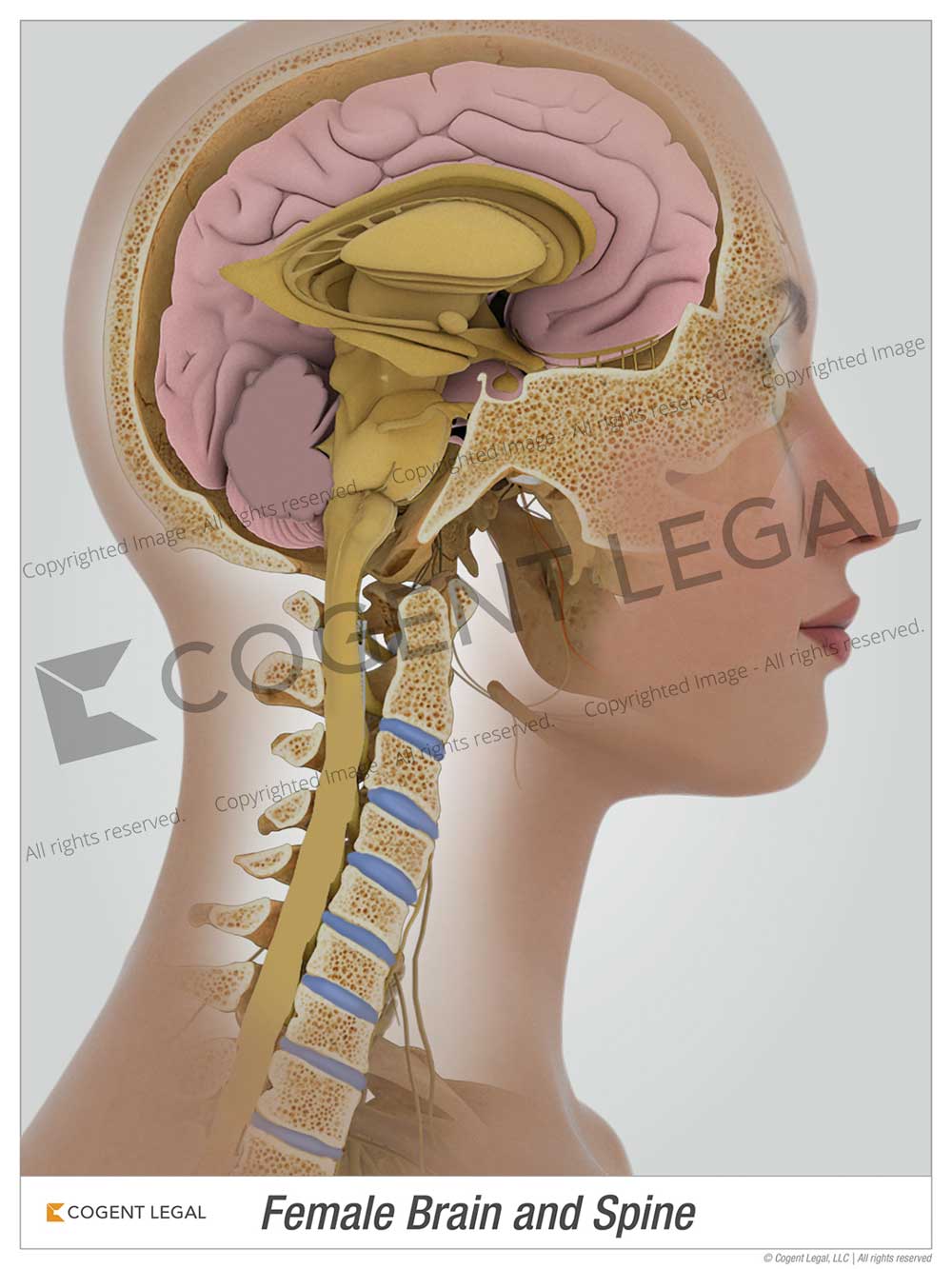
Navigating Neurology: Insights into Brain and Spine Health
Unveiling the Mysteries of Brain and Spine Functions
The brain and spine, collectively known as the central nervous system (CNS), are intricate structures that govern virtually every aspect of human functioning. From coordinating movement and processing sensory information to regulating emotions and controlling vital functions, the CNS plays a paramount role in maintaining overall health and well-being. Understanding the complexities of brain and spine functions is essential for optimizing neural wellness and addressing neurological conditions.
Deciphering Brain and Spine Interactions
The relationship between the brain and spine is symbiotic, with each component influencing and regulating the other. The brain serves as the command center, sending signals down the spinal cord to various parts of the body to initiate movement and transmit sensory information. Conversely, the spine acts as a conduit, relaying feedback from the body back to the brain, allowing for seamless communication and coordination.
Exploring the Anatomy of the Brain and Spine
The brain is composed of different regions, each responsible for specific functions. These include the cerebrum, which controls voluntary movements and higher cognitive processes, the cerebellum, which coordinates balance and motor control, and the brainstem, which regulates essential functions such as heart rate and breathing. The spinal cord, on the other hand, serves as an extension of the brain, transmitting signals to and from the peripheral nervous system.
Understanding Brain-Spine Unity
While the brain and spine are distinct entities, they function as an integrated system, working in tandem to ensure optimal neural functioning. Disorders affecting one component can have ripple effects throughout the entire CNS, highlighting the interconnectedness of brain-spine unity. By addressing issues that impact either the brain or spine, healthcare professionals can effectively promote neural health and mitigate neurological conditions.
Nurturing Brain-Spine Wellness
Maintaining optimal brain-spine health is paramount for overall well-being. Adopting healthy lifestyle habits such as regular exercise, a balanced diet, adequate sleep, and stress management can support neural wellness and reduce the risk of neurological disorders. Additionally, seeking timely medical care for any symptoms or concerns related to brain or spine health is essential for early detection and intervention.
Advancements in Neurological Research
The field of neurology is constantly evolving, with ongoing research yielding new insights into brain and spine functions and paving the way for innovative treatment approaches. From cutting-edge imaging techniques that provide detailed views of neural structures to groundbreaking therapies that target neurological disorders at the molecular level, advancements in neurological research offer hope for improved outcomes and enhanced quality of life for individuals affected by brain and spine conditions.
Navigating Neurological Disorders
Despite significant progress in our understanding of the brain and spine, neurological disorders remain a significant challenge. Conditions such as Alzheimer’s disease, Parkinson’s disease, multiple sclerosis, and spinal cord injuries can have profound impacts on individuals and their families, often requiring comprehensive care and support. Navigating the complexities of neurological disorders requires a multidisciplinary approach, involving healthcare professionals from various specialties to address the diverse needs of patients.
Empowering Individuals Through Education
Education plays a crucial role in empowering individuals to take charge of their brain and spine health. By raising awareness about the importance of preventive measures, early intervention, and available treatment options, individuals can make informed decisions and advocate for their own well-being. Additionally, promoting a supportive and inclusive environment for individuals living with neurological conditions helps reduce stigma and foster a sense of community and belonging.
Collaborating Towards Neural Wellness
Addressing the challenges associated with brain and spine health requires collaboration and cooperation across multiple sectors. Healthcare providers, researchers, policymakers, advocacy organizations, and community stakeholders must work together to develop comprehensive strategies for promoting neural wellness, improving access to care, and advancing research efforts. By joining forces, we can create a brighter future for individuals affected by neurological disorders and enhance the overall health and vitality of our communities. Read more about brain and spine
